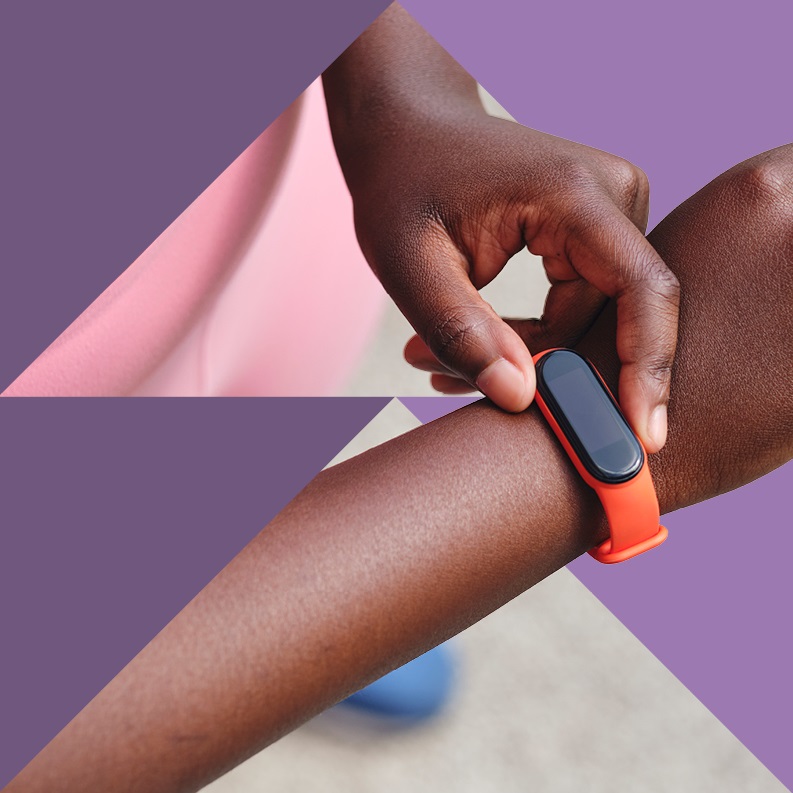
AI Industry Updates: June 2023
Published 13 July 2023
We recap the most significant artificial intelligence (AI) industry updates from June, including exciting firsts for the booming AI healthcare sector, AI-influenced shifts at the workplace, and statistics and new research that signal growing consumer scepticism.
AI Industry Updates: June 2023


Topics

Want to see the full report?
Offering access to over 350 consumer and cross-industry reports annually, Stylus Membership is your window to tomorrow’s most exciting opportunities.
We already arm more than 500 of the world’s most forward-thinking brands and agencies with the creative insights they need to make transformative business decisions.
We’d love to do the same for you.
Book a demo with us today to discover more.
More Reports From Stylus
More Reports From Stylus
CES 2026: Trends Preview
CES 2026 (January 6-9, Las Vegas) gathers over 4,000 exhibitors – from leading tech brands to start-ups – to reveal the tech industry’s most innovative upcoming product launches and groundbreaking concepts. Our editors share the products they anticipate...











